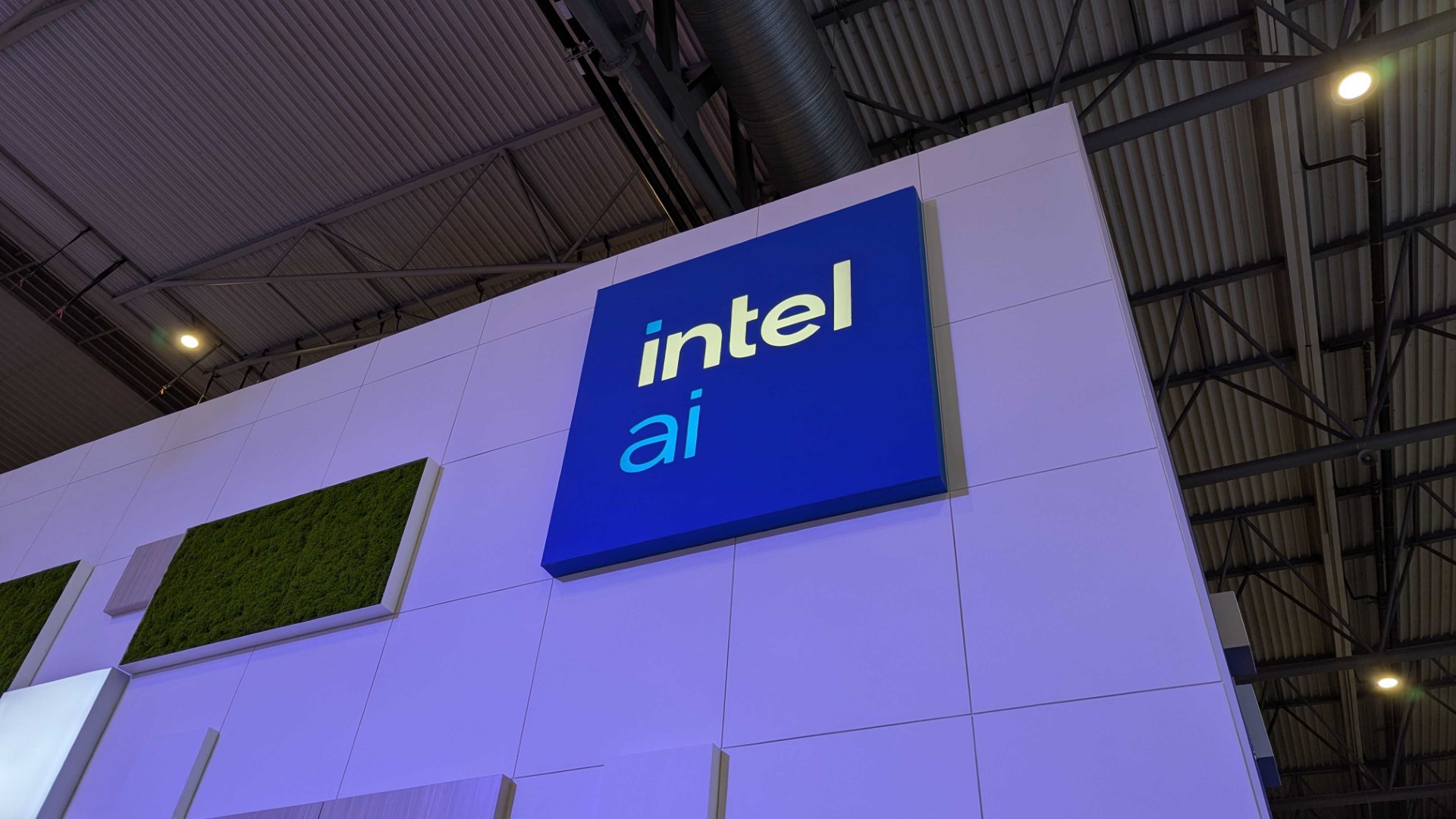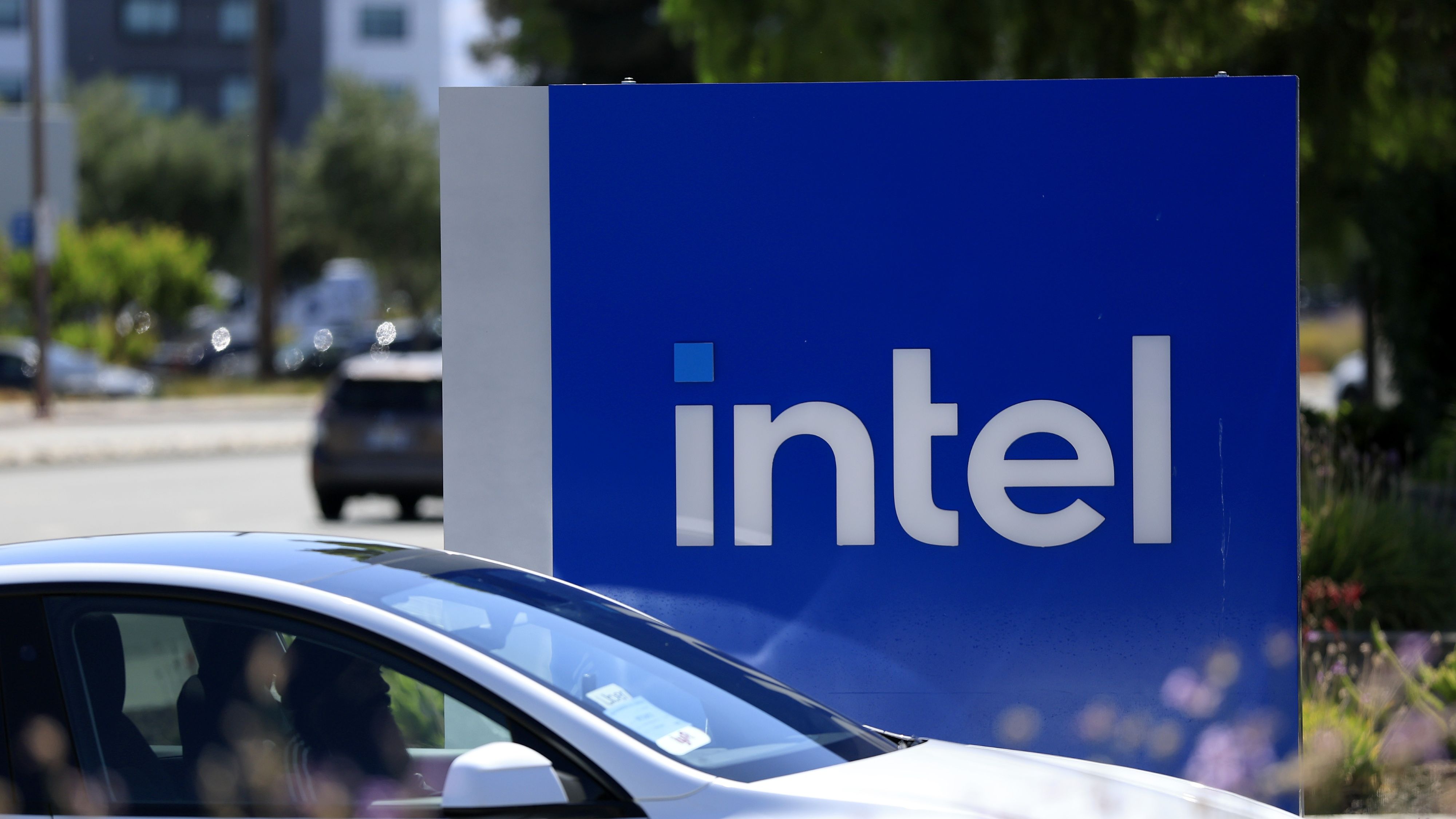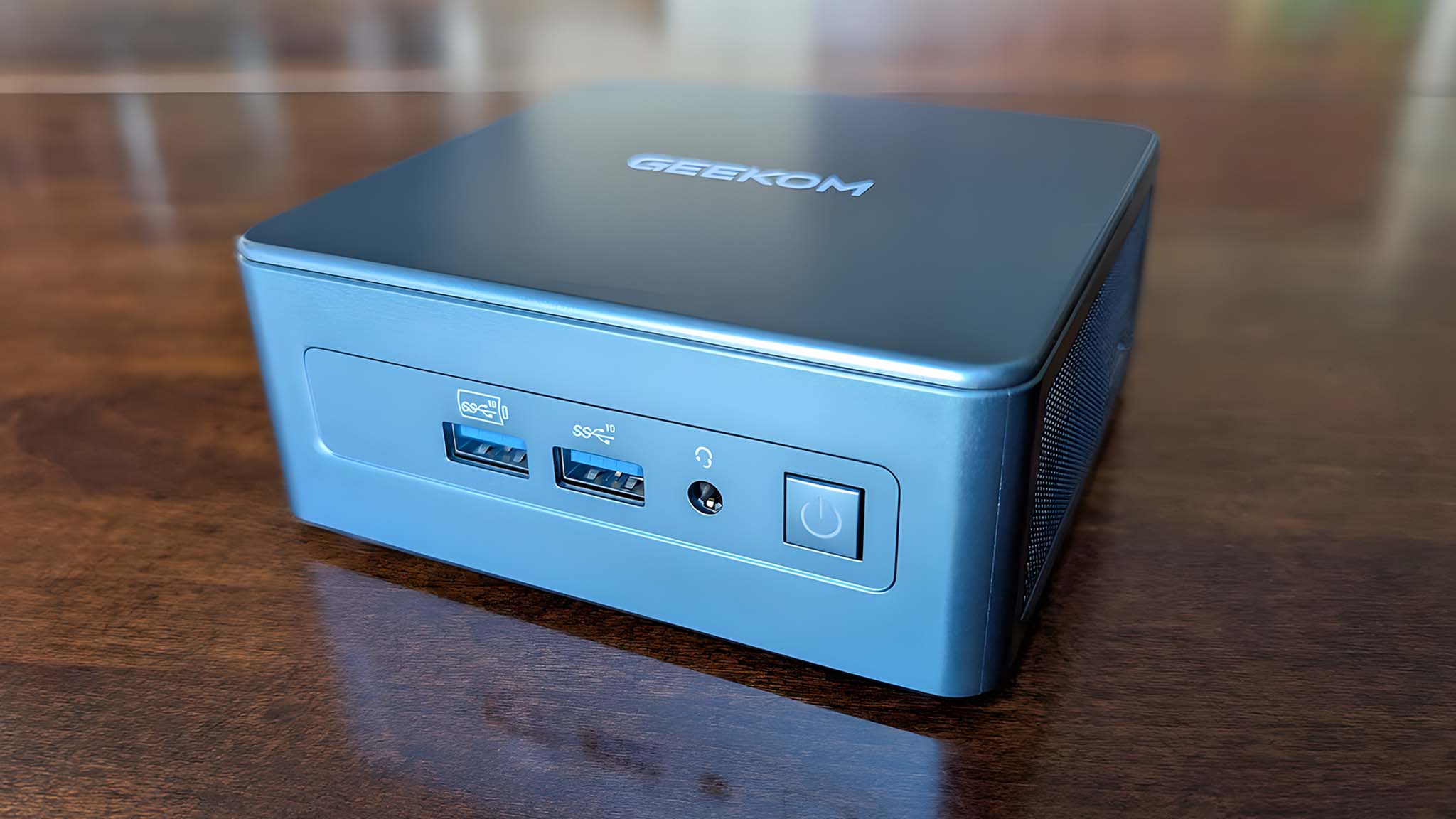Intel plans to layoff 24,000 employees in 2025 — it will also pull back from several projects including some in Germany, Poland, and more
Intel is still struggling to keep up with the competition, and has created plans to lay off employees in a bid to focus on AI.

All the latest news, reviews, and guides for Windows and Xbox diehards.
You are now subscribed
Your newsletter sign-up was successful
The last few years have been rough for Intel, with the company downsizing its workforce relatively frequently. Just last month, Intel announced that it would be laying off thousands of US workers in order to focus on AI restructuring.
Today, after revealing this year's Q2 earnings, the chip manufacturer revealed that it would be consolidating its total employee count to 75,000 "core employees," which The Verge calculates means there will be roughly 24,000 people let go.
As part of this shrinking period, Intel also intends to pull back from previously laid plans to build large fabrication facilities in Germany and Poland. These facilities would have provided thousands of jobs.
Additionally, the company has plans to consolidate operations in Costa Rica and send them to Vietnam, a plan that will impact assembly and testing operations. However, Intel isn't completely closing down its Costa Rica factories, so at least thousands of employees are expected to remain employed there.
Intel CFO David Zinsner has explained that these downsizing plans will also impact Intel locations in Ohio. “Intel will further slow the pace of construction in Ohio," Zinsner said, "to ensure spending is aligned with market demand.”
By following these consolidation plans, Intel expects to reduce its spending by $17 billion over the next year. However, it seems the company will continue to lose money this quarter.
It's currently unknown when the next round of Intel layoffs will happen.
All the latest news, reviews, and guides for Windows and Xbox diehards.
What has been happening with Intel?
In case you haven't been keeping up with the latest news, here's a quick rundown of what's happened with Intel. This will by no means be a complete account, but it should give you a better idea.
Intel was the biggest name in PC chip technology from the 80s through the early 2000s, but it grew overconfident in its main computer processors and didn't keep up with changing trends.
Starting as early as the 2000s, Intel failed to invest in mobile processors and AI technologies, unlike its Apple, AMD, NVIDIA, and Qualcomm competitors. As a result, Intel has been playing catch-up over the last few years, an effort that requires a lot of money.
In 2023, the company reported $7 billion in operating losses, and that was on top of the $5.2 billion lost in 2022 (thanks, TechWire).
Nowadays, mobile chips and AI processors make up a large portion of the chip market, and Intel has been struggling to catch up with the products offered by its rivals.
Indeed, the company's Intel Core Ultra Series 1 AI chips released in 2024 performed notably below the competition. As a result, Intel decided to accelerate the release of its next-gen Series 2 Intel Core Ultra chips within that same year.
Then, while the company was struggling to keep up with competitors and losing money, Intel's former CEO Pat Gelsinger offended chip manufacturer TSMC, a company that is responsible for some 60%+ of the chip manufacturing industry.
In an interview with Fortune magazine, Gelsinger stated, You don't want all of your eggs in the basket of a Taiwan fab. [...] Taiwan is not a stable place."
In response, TSMC terminated a lucrative agreement it had with Intel that had provided a substantial 40% discount on 3-nanometer wafers. As you can imagine, this greatly increased the cost of production and added to Intel's financial troubles.
On a more anecdotal note, I've noticed that more PCs than usual are opting to use AMD chips over Intel processors this year. That's a marked shift from past practices.
So, where does Intel go from here?
We've already discussed Intel's AI restructuring focus and downsizing plans. At the moment, Intel is still working to keep up with its rivals without hemorrhaging money, so it's very possible that more layoffs and project cancellations could still be announced going forward if the current plans aren't enough.
A lot of hope is riding on Intel's upcoming processors including the brand new Panther Lake chips and the latest Nova Lake chips, which are expected to launch in the near future.

Self-professed gaming geek Rebecca Spear is one of Windows Central's editors and reviewers with a focus on gaming handhelds, mini PCs, PC gaming, and laptops. When she isn't checking out the latest games on Xbox Game Pass, PC, ROG Ally, or Steam Deck; she can be found digital drawing with a Wacom tablet. She's written thousands of articles with everything from editorials, reviews, previews, features, previews, and hardware reviews over the last few years. If you need information about anything gaming-related, her articles can help you out. She also loves testing game accessories and any new tech on the market. You can follow her @rrspear on X (formerly Twitter).
You must confirm your public display name before commenting
Please logout and then login again, you will then be prompted to enter your display name.

